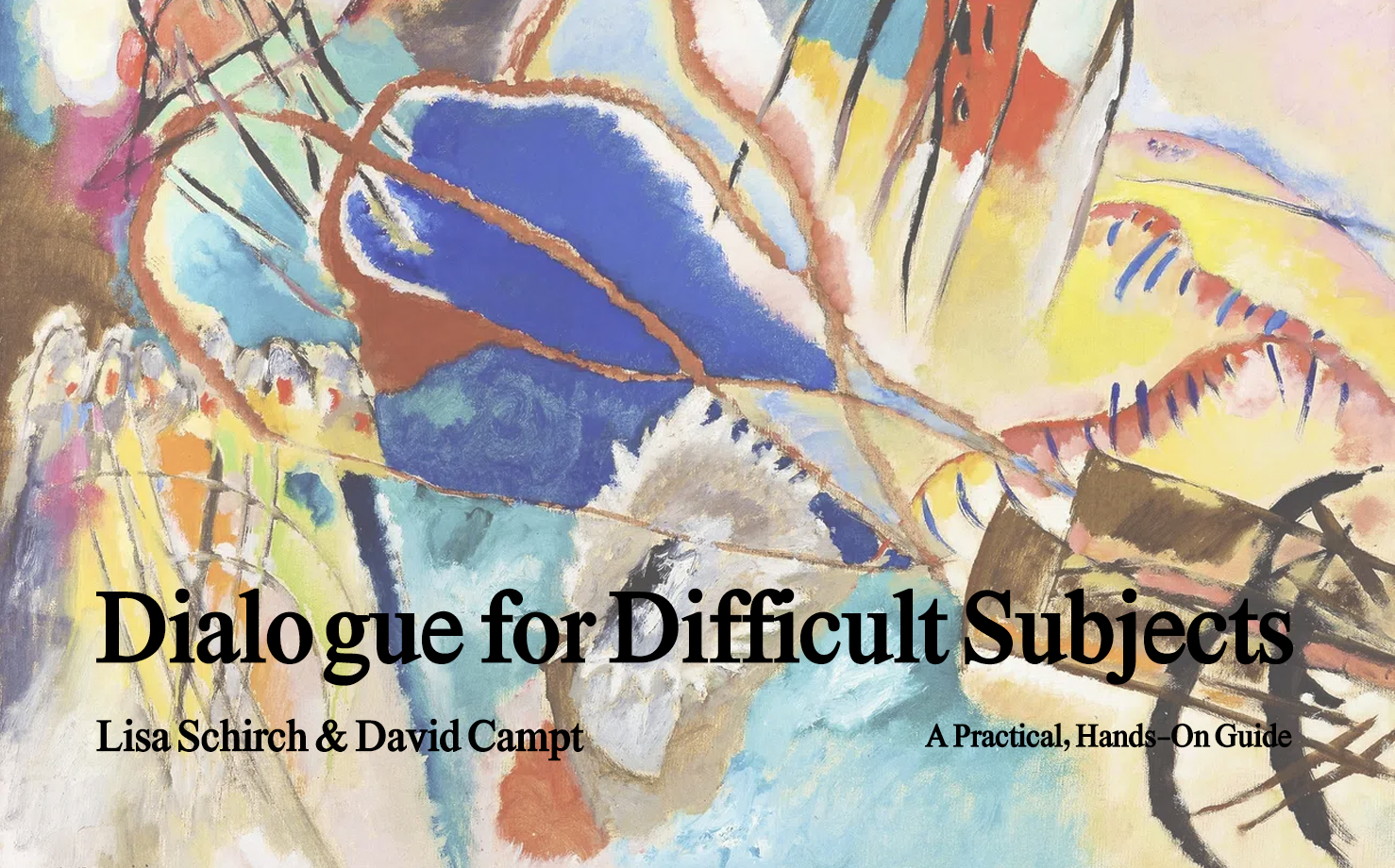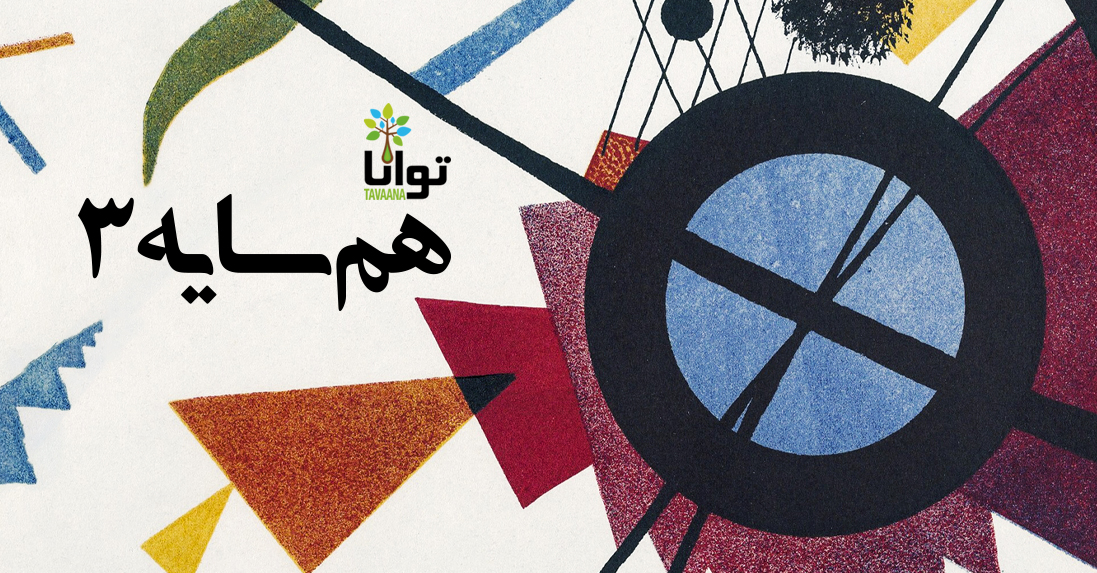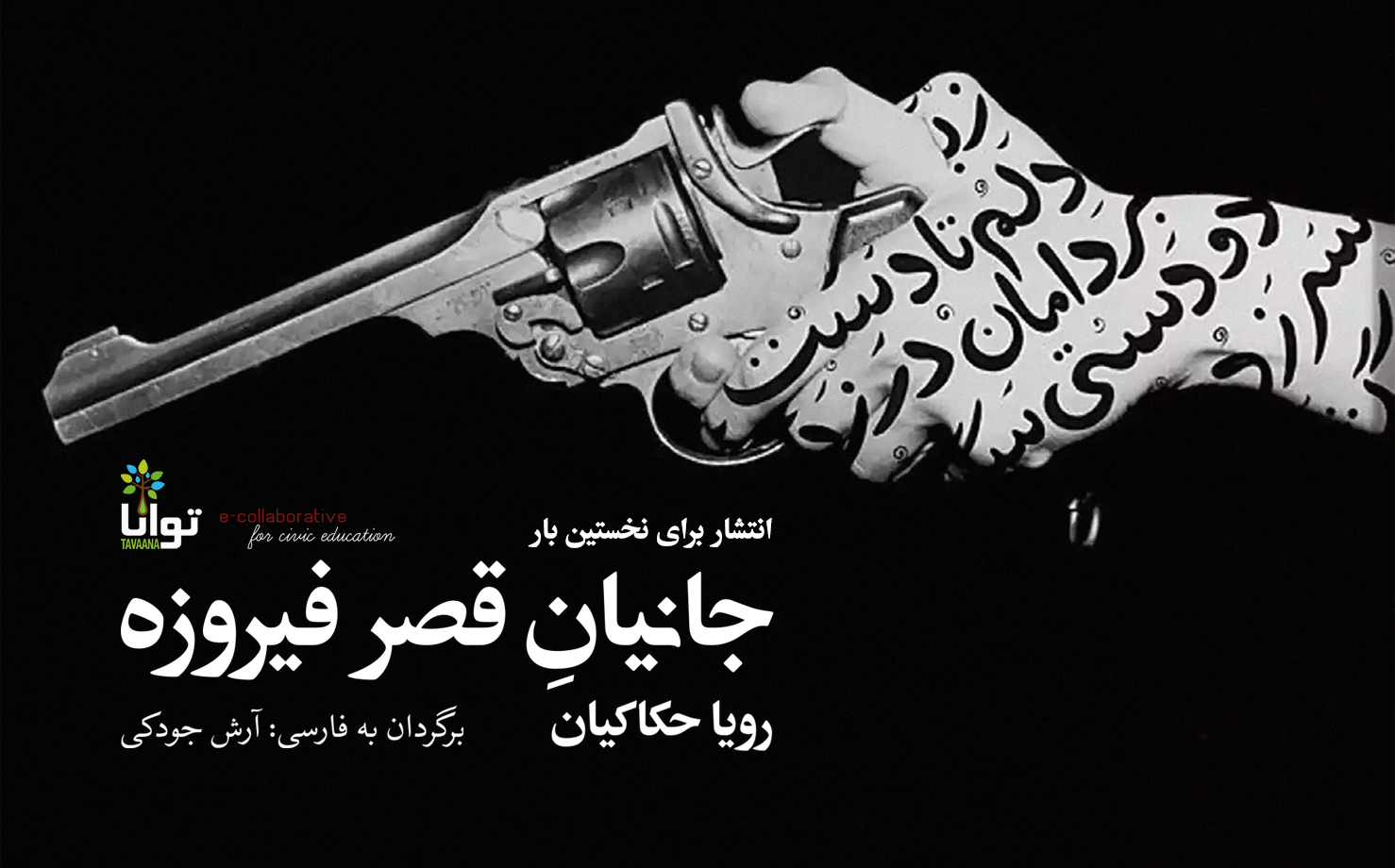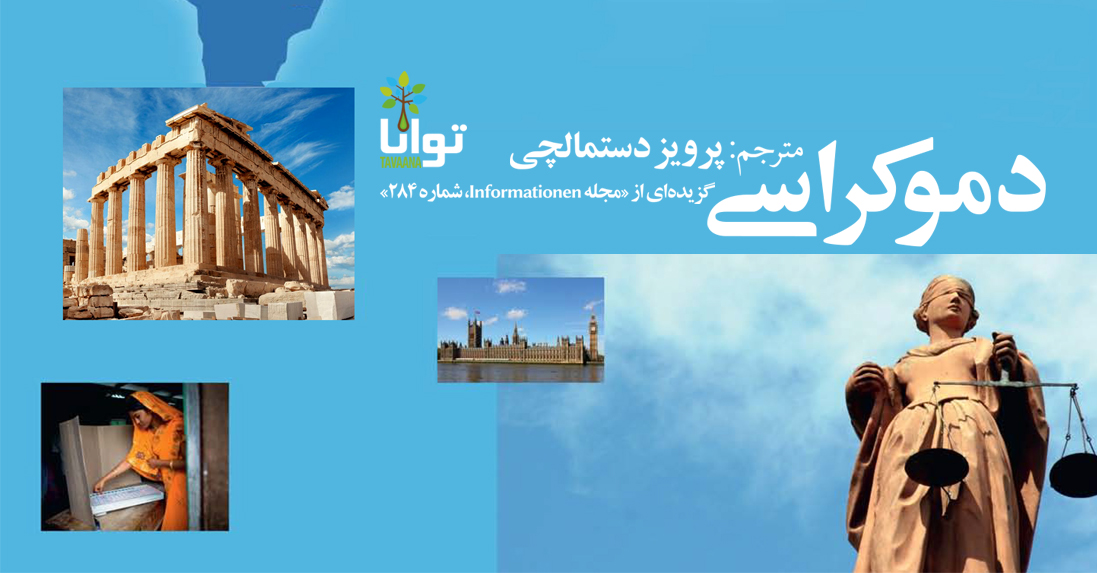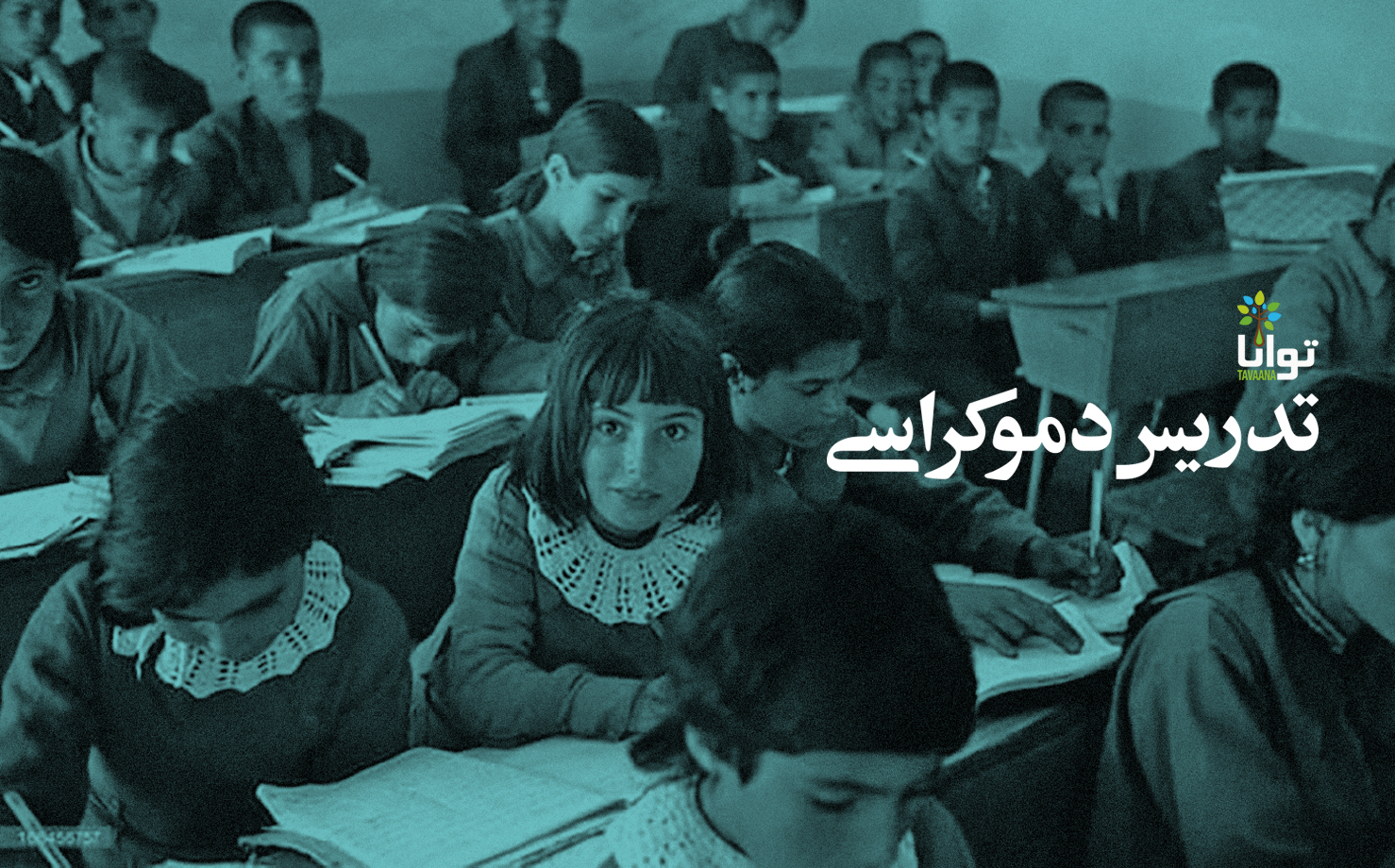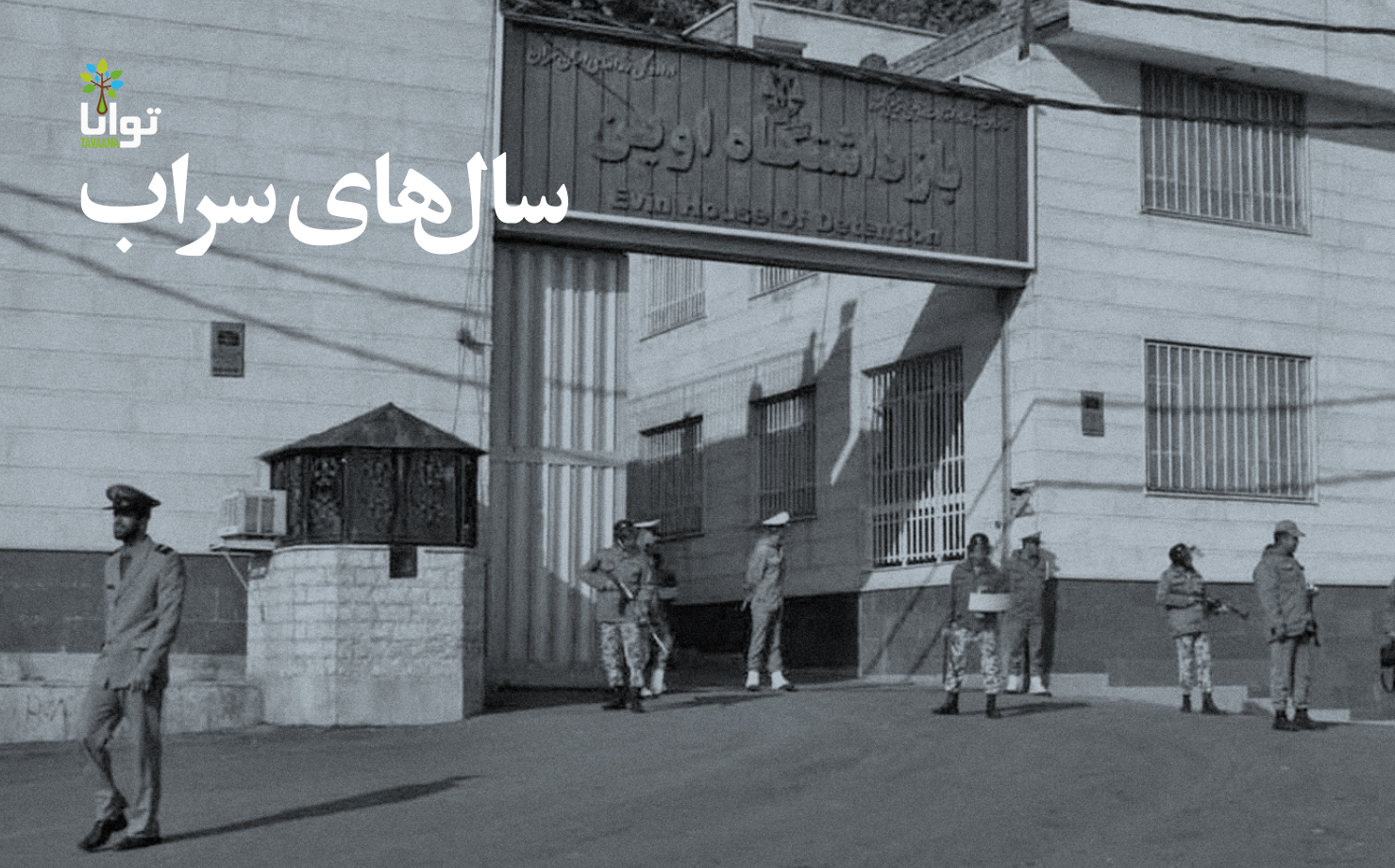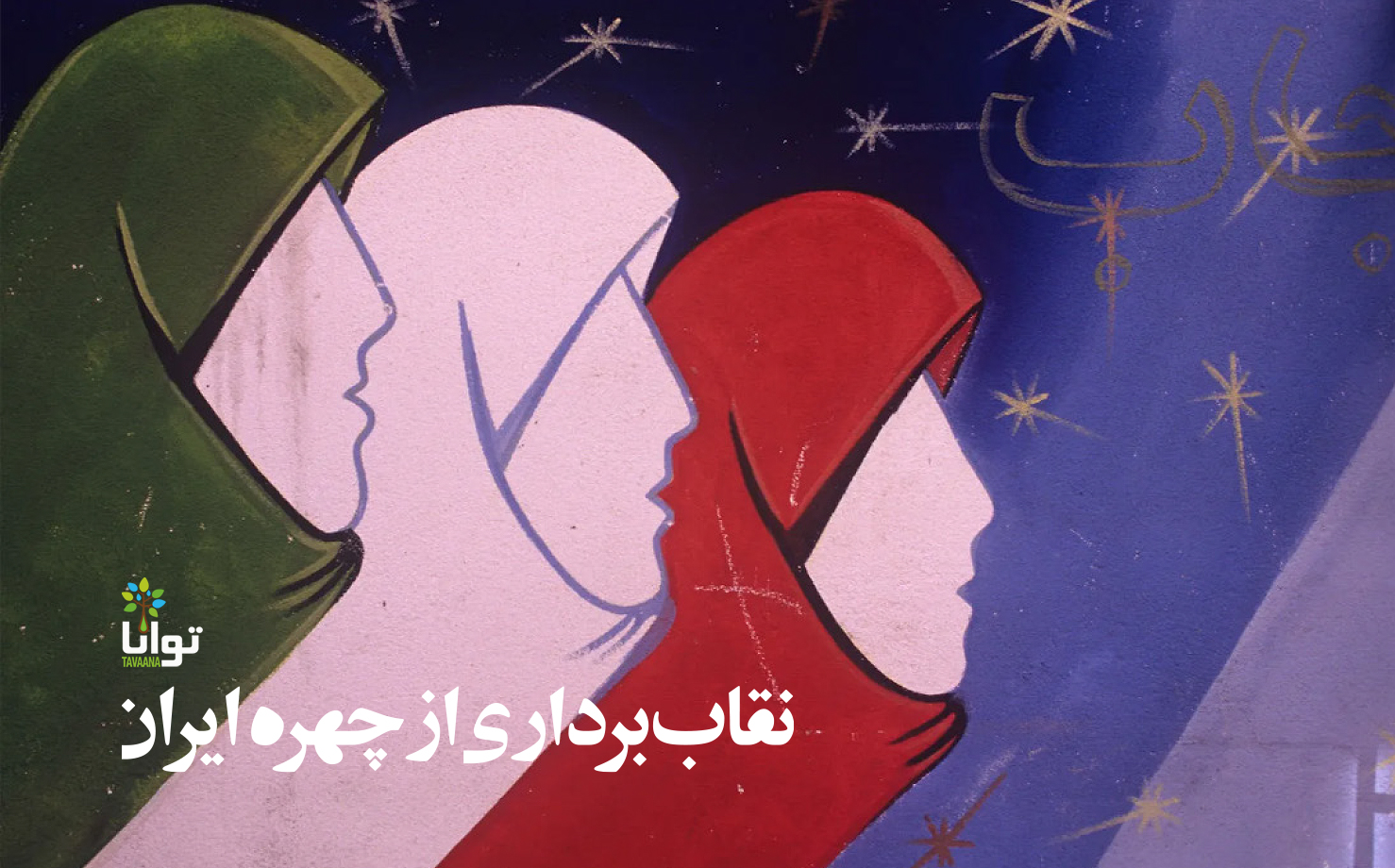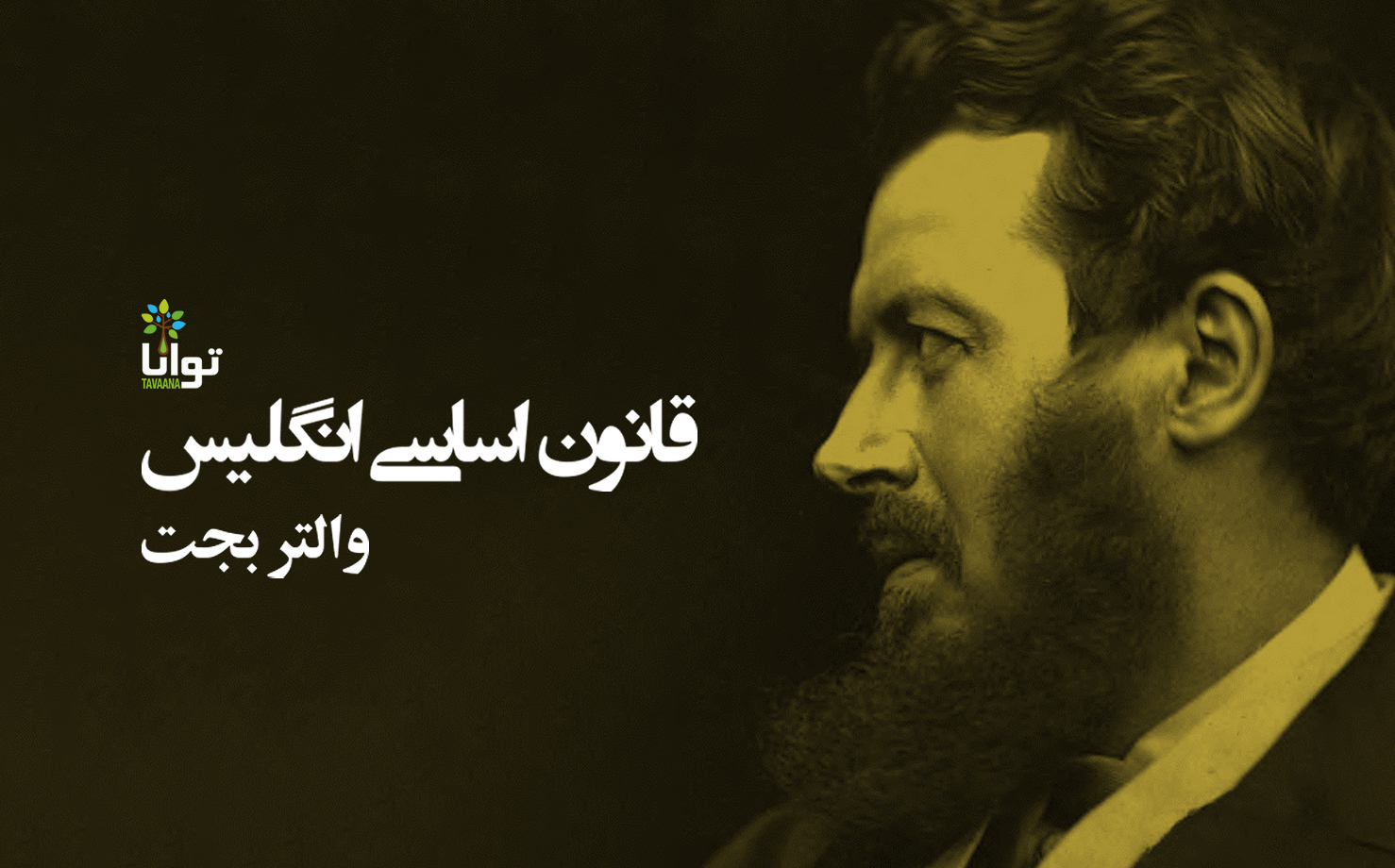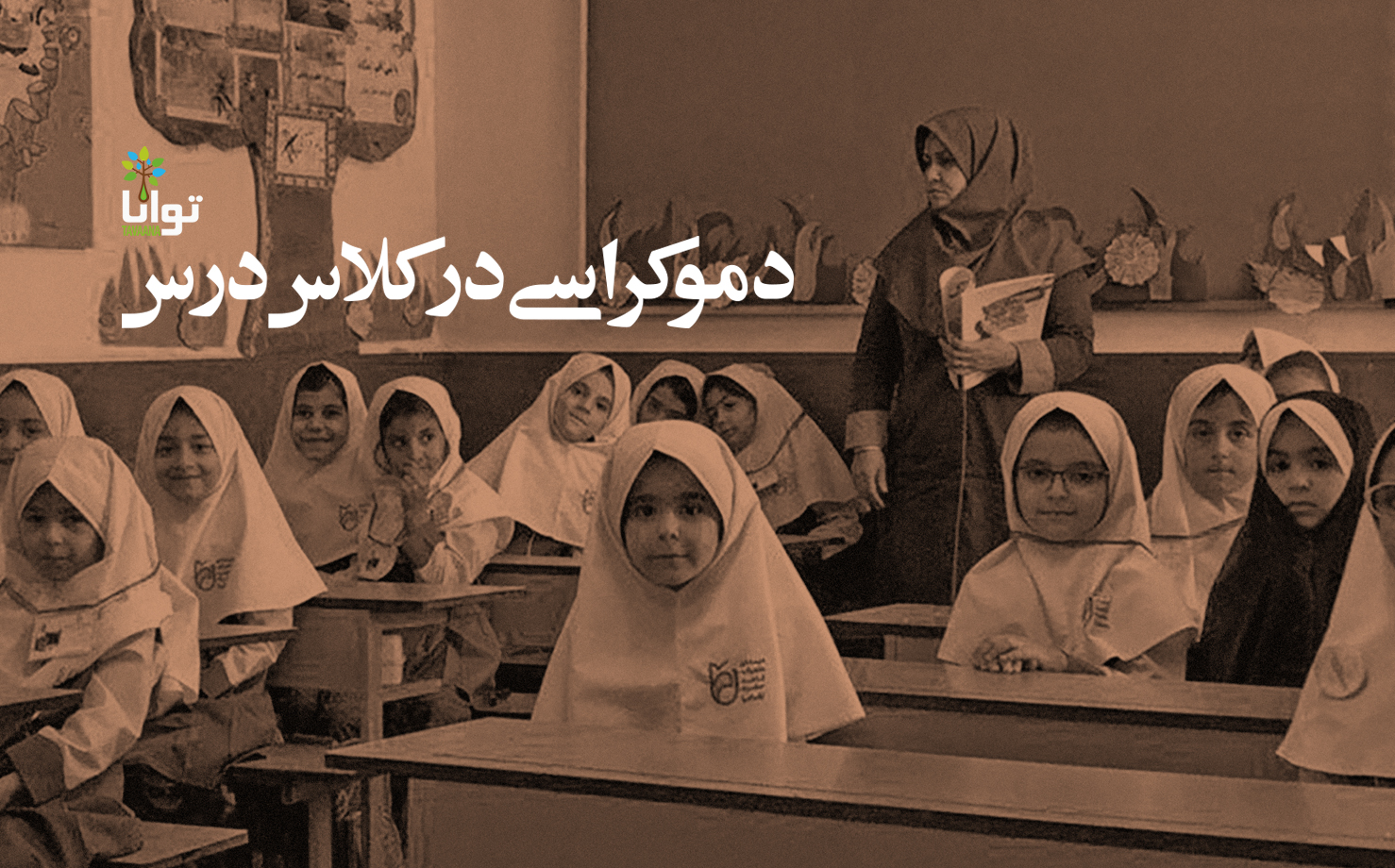From Ijtihad to the Critique of Islamic Reason is a collection of introductory articles by and about French-Algerian Islamic scholar Mohammed Arkoun (1928-2010), translated from the Arabic to Persian by Mehdi Khalaji. Arkoun was a historian of Islamic thought and a pioneering critic of both classic orientalism and Islamic traditional theology. Arkoun calls his intellectual project The Critique of Islamic Reason; in doing so, he reveals the methodological inadequacy of “ijtihad” (the traditional methodological foundations and tools for understanding of sharia). In the twentieth century, many Islamic reformists have pursued religious reform within a traditional conceptual apparatus and pre-modern paradigms. For this purpose, they have revitalized the notion of ijtihad in order to prove the old theoretical framework can experience an organic – and therefore legitimate – evolution. Arkoun instead invites students of Islamic texts and history to replace that framework of problematics with a modern one. For him, rethinking Islamic history and tradition cannot take place if one does not take into consideration various paradigm shifts and scientific revolutions that have occurred in all fields of human knowledge. By applying today’s methodologies and concepts of linguistic, social, and historical sciences, Arkoun holds that the déconstruction (deconstruction) of traditional categories and concepts and fundamental déplacement (moving away) from old questions toward a broad range of new problematics is indispensable for saving the Islamic faith and for liberating the Muslim community from the darkness of sacred ignorance and violence. For Arkoun, the critique of Islamic reason means re-evaluating both the potential and the limits of traditional thought and imagination, as well as neutralizing the destructive power of traditional conceptions via understanding origins and mechanisms of producing objective and subjective approaches to the past. The Critique of Islamic Reason is a multifaceted, multidisciplinary approach to Islamic traditions and history, simultaneously incorporating disciplines ranging from historical anthropology to modern theories of literary criticism.
From Ijtihad to the Critique of Islamic Reason is a case study in which Arkoun applies his methodology in deconstructing the classic legal and exegetic interpretations of verses in the Qur’an dealing with inheritance and last wills and testaments. Using a conceptual and historical approach, he demonstrates how Islamic juridical schools invented legal techniques to dehistoricize and decontextualize the founding text of Islam, i.e. the Quran, and fabricate thoroughly social and historical constructed narratives out of the text in order to respond to the existing power struggles and conflict of interests in early Islamic history. In Arkoun’s view, tactics such as consensus and obsolete jurisprudential augmentation models are devoid of historical legitimacy and methodological soundness, serving more to protect the interests of certain social classes (such as the jurists) than to pursue a more correct understanding of Islam. Also, he demonstrates the limits of the historical horizon of knowledge in that period and how those limits conditioned the classic thoughts, concepts, categories and narratives. Since we live in a totally different time with an essentially different historical horizon, we need to pose new problematics and leave the outdated and irrelevant questions of the pre-modern paradigm. The primary goal of critiquing Islamic reason is to emancipate the minds of modern Muslim believers from dogmatic ideas and religious authorities who are merely human and occupying a particular place in history but claim to be divine and unquestionable. By making freedom the underlying, central theme in his works, Arkoun seeks to promote critical thinking about the past and the future, ultimately helping Muslims to enable themselves to actively contribute to the progress of human civilization and engage in meaningful exchange of knowledge with others in the world community toward the realization of liberty and equality for all.
The new intellectual and theoretical horizons revealed by Arkoun in the realm of Islamic studies have inspired scholars and students worldwide for more than four decades. Arkoun’s oeuvres typically do not have an accessible style and structure. As an Algerian-French scholar who lived in one of the most productive periods of modern French history, he presupposes that the reader is familiar with the newest ideas and the most recent innovations in various disciples in humanities. For this reason among others, it is particularly difficult to grasp the full meaning of his text and ideas and appreciate the originality of his thoughts without a general introduction, explanatory footnotes and commentaries. In order to assist the reader to become more quickly and easily familiar with the theoretical underpinnings of his work, this translation, alongside extensive footnotes by the translator, contains a few more articles by Arkoun as well as several articles authored by the translator Mehdi Khalaji. Tavaana lecturer Khalaji has focused on Arkoun’s work extensively, translating to Persian his writings since the early 1990s in Iran. Khalaji is currently working on a trilogy which includes the main works of Arkoun on the Quran as well as their critical reviews. In 2014, Tavaana published Innovation, Prohibition, and Hermeneutics: Between Scientific Knowledge and Fear of Excommunication, by another prominent Islamic scholar, Nasr Hamid Abu Zaid, also translated by Khalaji.
Tavaana Publications Click here to read Tavaana’s exclusive translation of Mohammed Arkoun’s From Ijtihad to the Critique of Islamic Reason.

